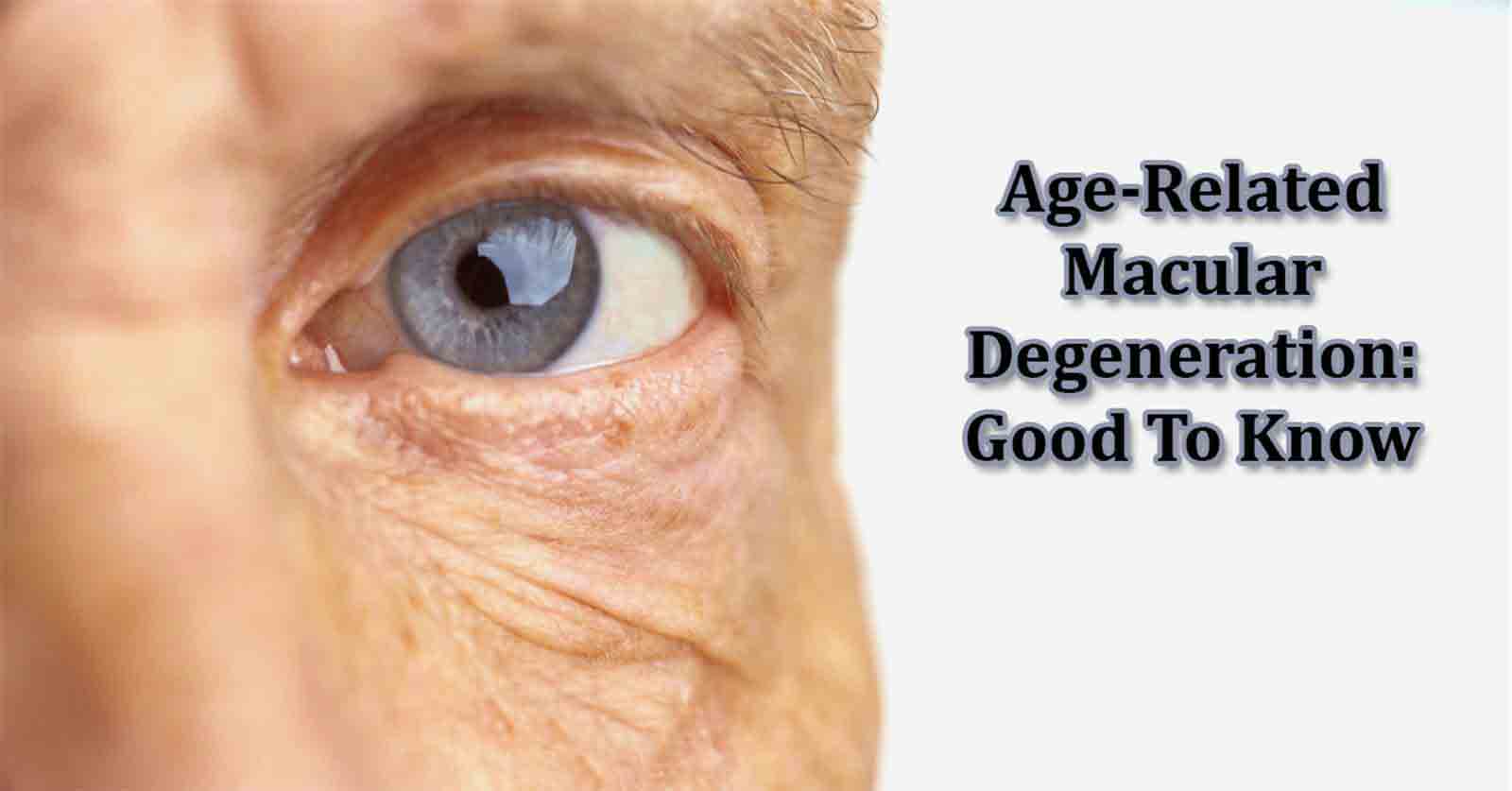Understanding Age-Related Macular Degeneration: A Guide for Patients
What is Age-Related Macular Degeneration (AMD)?
Age-Related Macular Degeneration (AMD) is a common eye condition that affects the macula, the part of the retina responsible for sharp, central vision. It is the leading cause of vision loss in people over 50. AMD can make everyday tasks like reading and recognizing faces difficult. The condition progresses slowly in some people, while in others, it advances faster and can lead to significant vision loss.

Symptoms of Age-Related Macular Degeneration
Common symptoms of AMD include:
- Blurred or fuzzy vision.
- Straight lines appearing wavy or distorted.
- Difficulty recognizing faces.
- A dark or empty area in the center of vision.
- Increased difficulty with tasks that require seeing fine details, like reading or sewing.
- Decreased intensity or brightness of colors.
Causes and Risk Factors
The exact cause of AMD is unknown, but several factors increase the risk of developing the condition:
- Aging: The risk increases significantly after age 50.
- Family history of AMD.
- Smoking.
- High blood pressure.
- Obesity.
- High cholesterol.
- Poor diet low in fruits and vegetables.
- Excessive exposure to sunlight without eye protection.
Types of Age-Related Macular Degeneration
There are two main types of AMD:
- Dry AMD: The more common form, accounting for about 80-90% of cases. It occurs when the macula thins with age and small clumps of protein called drusen form.
- Wet AMD: Less common but more severe. It occurs when abnormal blood vessels grow under the retina and macula, leaking blood and fluid.
Diagnosis
AMD is diagnosed through a comprehensive eye exam, which includes:
- Visual acuity test: Measures how well you see at various distances.
- Dilated eye exam: Allows the doctor to look at the back of the eye for signs of AMD.
- Amsler grid: A pattern of straight lines that helps detect vision problems caused by AMD.
- Optical coherence tomography (OCT): Imaging test that provides detailed cross-sections of the retina.
- Fluorescein angiography: A dye test used to examine blood flow in the retina and identify leaking blood vessels in wet AMD.
Treatment
While there is no cure for AMD, treatments can help slow its progression and manage symptoms:
Dry AMD:
- Lifestyle changes: Eating a healthy diet rich in leafy greens, quitting smoking, and managing cardiovascular health.
- Vitamin supplements: AREDS2 formula vitamins may slow the progression in some people with intermediate or advanced dry AMD.
Wet AMD:
- Anti-VEGF injections: Medications injected into the eye to block the growth of abnormal blood vessels.
- Photodynamic therapy: Uses a light-sensitive drug and laser to destroy abnormal blood vessels.
- Laser surgery: A high-energy laser to destroy abnormal blood vessels.
Prevention
While AMD cannot always be prevented, certain measures can help reduce the risk:
- Regular eye examinations: Detect problems early and keep your vision clear.
- Wear sunglasses that block UVB rays: Protect your eyes from harmful ultraviolet rays.
- Managing health problems like high blood pressure and cholesterol: Keep your overall health in check to prevent AMD.
- Avoiding smoking: Reduces the risk of developing AMD.
- Maintaining a healthy diet rich in leafy greens and fish: Nutrients support eye health and reduce AMD risk.
